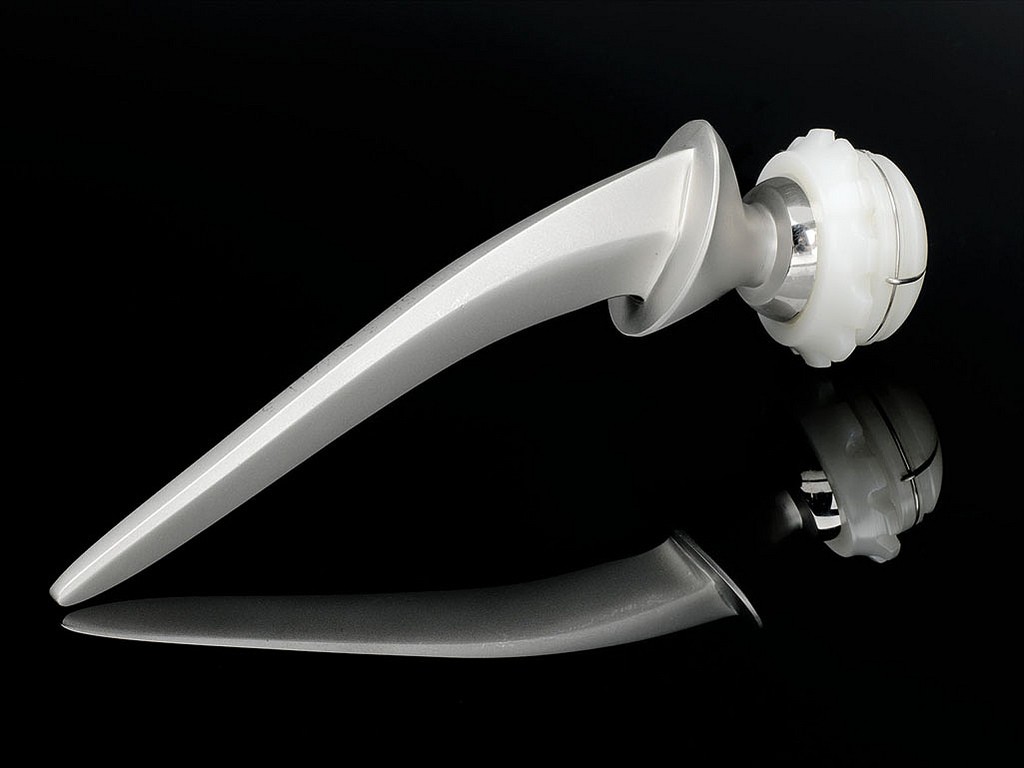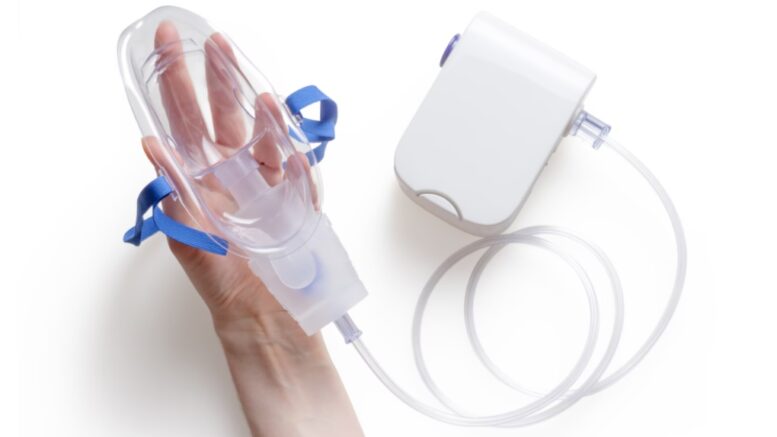Medical device recalls are a serious issue that can lead to costly fines and other punishments for companies. To avoid these risks, it’s important to know the reasons why medical devices might be recalled, so you can take steps in advance of any issues arising. This blog post will explore common reasons for medical device recalls, what they mean for your company, and how you should respond when a recall is issued against your product.
Potential For Injury Or Discomfort
This could be in the form of potential injuries, side effects from incorrect use, and other similar concerns. Most recalls aren’t due to one issue, but rather many issues being discovered over time. For example, if a product defect is found to be causing harm or injury, like what happened to Philips CPAP, this could lead to a recall if the company issuing it can’t find a solution quickly enough. This type of recall requires careful investigation and inspection before being issued, as companies need to consider all possibilities about why these issues are arising for patients. If you receive an order from FDA recalling your device due to injuries that have been discovered in people using it, make sure you conduct thorough inspections yourself.
You may want legal representation during this process, so they can help ensure nothing slips through the cracks and provide support throughout whatever actions your company takes next.
Design And Manufacturing Issues
Another common reason that medical devices are recalled is due to design or manufacturing issues. One of the most common design issues is when a device may be missing important safety features that are crucial to ensuring patient safety.

Manufacturing defects can also cause recalls due to potential risks being introduced during the production of these devices. These types of recalls usually involve products that have been produced in excess amounts, so they’re more commonly seen among larger companies rather than smaller, independent manufacturers.
For example, the Philips Lumify was recalled due to issues with its battery platform. The company discovered that the battery in some of the devices was prone to overheating, posing a risk of fire and injury to users. As a result, Philips launched a recall of the Lumify and offered customers the option to exchange their faulty devices for a newer model with a more reliable battery platform.
Labeling Issues
Sometimes, medical devices are recalled due to labeling errors that affect documentation and instructions for use.
These types of recalls usually involve products with incorrect information about how it should be used or warnings against potential dangers associated with the device’s usage (such as side effects). However, this is often a simple issue and can quickly be resolved by simply issuing updated labels for your product, so make sure you stay on top of any requests from the FDA if they tell you to update your label. It’s important not only because it could help prevent injuries, but also because having an outdated label may lead to fines as well as other punishments such as the seizure of assets or criminal charges. When in doubt, always consult legal representation before making any moves!
Problems With Packaging
Sometimes, medical devices are recalled due to problems with the product’s packaging. This can include anything from incorrect labeling on packaging to issues with tamper-proof or childproof features. These types of recalls are usually due to a company neglecting important steps in the process and not adhering to strict guidelines regarding safety precautions that need to be taken.
If you receive an order recalling your medical device because it’s been found that there could be injuries occurring as a result of product packaging, make sure you follow through with all directives given by the FDA, so you don’t put your business at risk for fines or other consequences such as criminal charges! It may also be helpful to consult legal representation throughout this entire process, so they can help ensure nothing slips between the cracks and offer support whenever necessary.
Always remember: if you receive an FDA recall order, make sure you conduct thorough inspections yourself. You may want legal representation during this process, so they can help ensure nothing slips through the cracks and provide support throughout whatever actions your company takes next!
